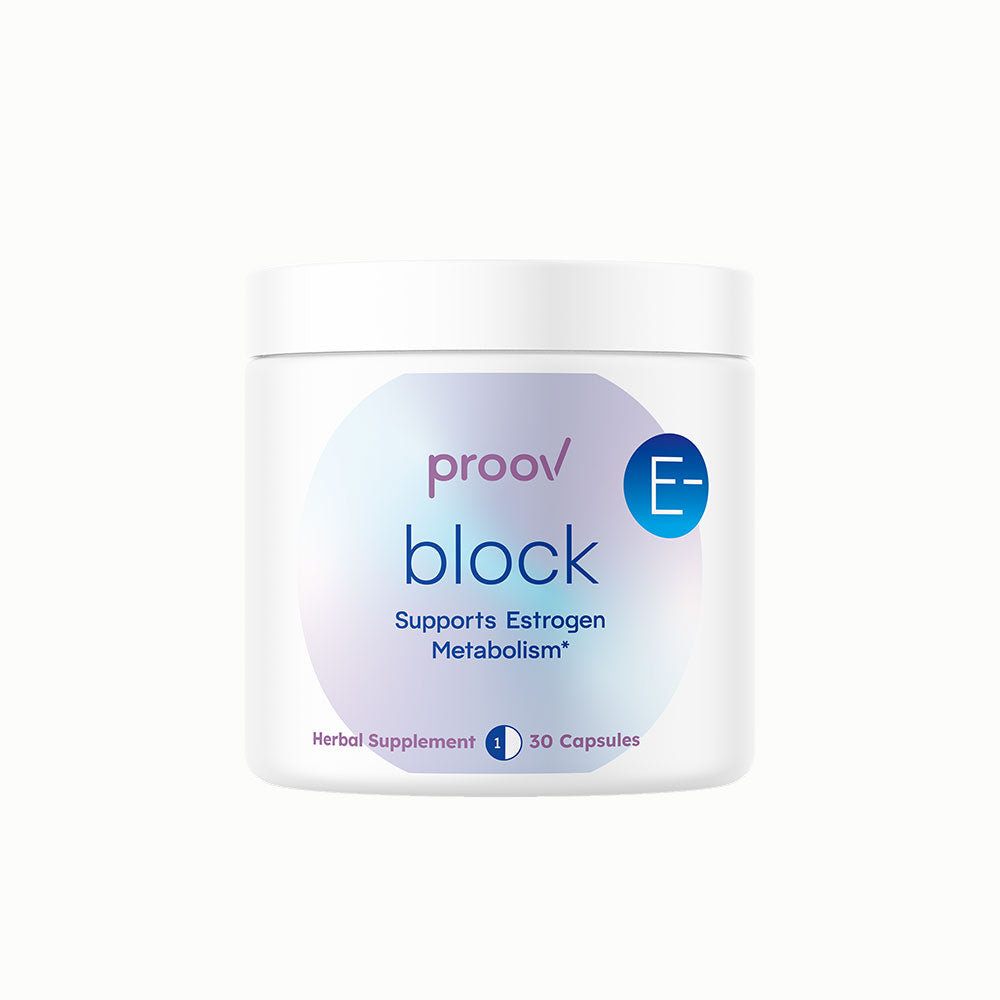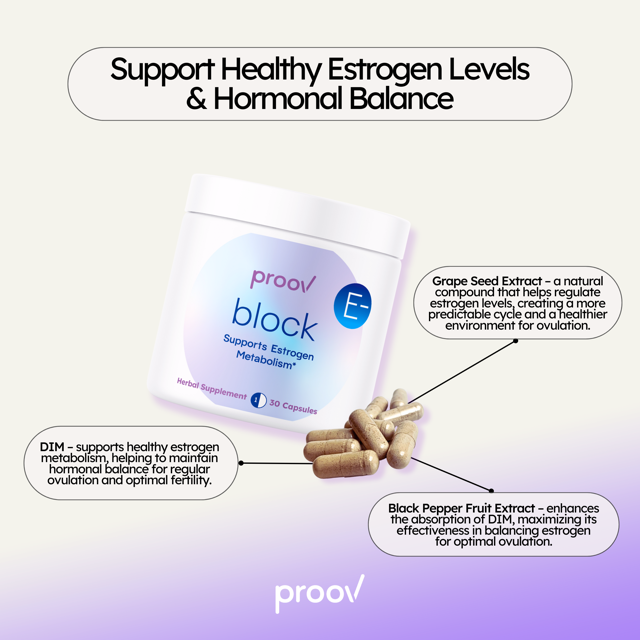As you read this, you’re likely juggling, well, everything: family, friends, pets, personal passions, career. The works. Add perimenopause to the list and you’ve tipped over from “a lot” to “too much.” Perhaps you’re feeling not quite like yourself, or even suffering with symptoms and just trying to “tough it out.”
This transition can be challenging, but understanding what’s happening in your body is the first step to taking back control. Let's break down the phases of menopause, the symptoms you might be experiencing (or might experience in the future), and what your options are to have a softer landing into menopause.
What’s the difference between perimenopause and menopause, officially?
Perimenopause stops and menopause begins the moment you’ve gone 12 months without having a period, marking the end of your reproductive years. It typically occurs between the ages of 45 and 55, with the average menopause age range around 51. Before reaching menopause, women experience perimenopause, a transitional phase that can start as early as your mid-30s — and can bring on a range of confusing symptoms.
Here are the stages of menopause

- Premenopause: Your reproductive years when hormone levels are stable, and periods are regular.
- Early perimenopause: The beginning of hormonal fluctuations, leading to changes in menstrual cycle regularity and the start of symptoms for many.
- Late perimenopause: More pronounced hormonal changes with increased symptoms, like hot flashes and mood swings.
- Post-menopause: The years following menopause, where symptoms like hot flashes might ease, but other health risks like osteoporosis may increase.
The 34 symptoms of menopause
During perimenopause, you might experience a range of symptoms. Here’s a quick guide to help you recognize them. These symptoms occur because every organ system in your body has estrogen receptors, and as your body produces less estrogen (and progesterone) you will experience the effects from head to toe.
- Irregular periods: Changes in menstrual cycle length, flow, and frequency.
- Bloating: Feeling of fullness or swelling in the abdomen.
- Fatigue: Persistent tiredness not relieved by sleep.
- Weight gain: Increase in body weight, often around the abdomen.
- Trouble concentrating: Struggling to stay focused on tasks, often described as brain fog.
- Irritability: Increased sensitivity or frustration.
- Anxiety: Persistent worry or nervousness.
- Change in body odor: Noticeable change in personal scent.
- Depression: Persistent sadness or hopelessness.
- UTIs: Increased frequency of urinary tract infections
- Acne: Persistent breakouts.
- Brittle nails: Nails that break or split easily.
- Headaches: More frequent or severe headaches, sometimes migraines.
- Sleep issues: Difficulty falling or staying asleep, often linked to night sweats.
- Decreased libido: Reduced sexual desire and responsiveness.
- Breast soreness: Tenderness or pain in the breasts.
- Mood swings: Rapid changes in mood, from happy to irritable in a short time.
- Vaginal dryness: Lack of moisture in the vaginal area, leading to discomfort.
- Tingling hands and feet: Sensations of pins and needles in extremities.
- Changes in sense of taste: Altered or diminished taste sensations.
- Heart palpitations: Noticeable, often irregular heartbeats.
- Oral burning sensation: Burning feeling in the mouth, often on the tongue.
- Joint pain: Discomfort, stiffness, or pain in the joints.
- Digestive problems: Issues like gas, constipation, or diarrhea.
- Electric shock sensation: Feeling of electric shocks, often in the head.
- Muscle aches: General muscle discomfort or pain.
- Itchiness: Unexplained itchy skin.
- Memory problems: Difficulty remembering things or focusing.
- Vaginal atrophy: Thinning, drying, and inflammation of the vaginal walls.
- Thinning hair: Loss of hair or thinning on the scalp.
- Incontinence: Loss of bladder control.
- Panic attacks: Sudden, intense episodes of fear.
- Osteoporosis: Weakening of bones, increasing fracture risk.
- Hot flashes/Night sweats: Sudden feelings of heat that can occur day or night.
How does perimenopause affect my cycle?
During premenopause, your menstrual cycle is still regular, generally ranging from 21 to 35 days. Ovulation occurs consistently, leading to predictable periods. Any significant changes in your cycle could indicate the onset of perimenopause, where cycles may become irregular and you may start experiencing symptoms of hormone imbalance. If you're premenopausal but your cycles are starting to change, you should talk to a doctor to understand your options.
Navigating what’s next
As you progress through perimenopause, symptoms may intensify. It's crucial to stay informed and proactive. Try incorporating lifestyle changes such as a balanced diet, regular exercise, and stress management techniques. Supplements like calcium and vitamin D can support bone health, while herbal remedies like black cohosh might alleviate hot flashes. Medical treatments, including hormone replacement therapy (HRT), can also be considered under the guidance of a healthcare provider.
Tools like Proov Empower can help you track your hormone levels, translating complex science into practical knowledge to support you on your hormone journey.
How Proov Empower can help

Perimenopause can be overwhelming, but Proov Empower is here to guide you. Our at-home perimenopause test helps you understand your hormone levels, so you can explore options tailored to your needs. Whether you seek natural solutions or need to connect with medical experts, Proov Empower offers reliable information, personalized support, and a community of women who understand your journey.
One final note
Remember, perimenopause is a natural part of life. With accurate testing, reliable information, and compassionate support from Proov Empower, you can navigate this phase with confidence and grace. You’re not alone on this journey, and there are effective solutions available to help you feel your best every step of the way.












